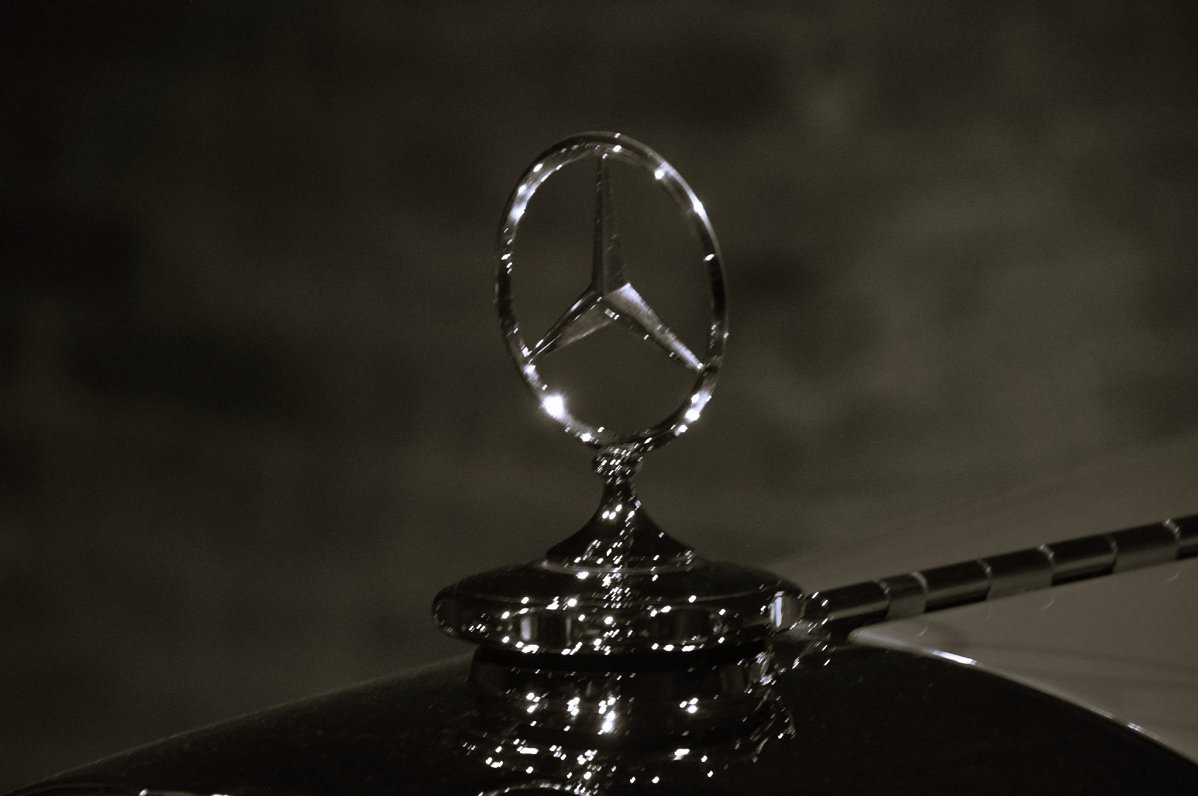The Ministry of Transport (Satiksmes ministrija/SM) has announced a public procurement for the full-service lease of five new official cars. The tender is potentially worth 166,000 euros, equivalent to 33,000 euros per vehicle. However, it is the technical requirements specified in the accompanying documentation that have attracted scrutiny, as they are so specific that they immediately rule out many of the more modest new vehicles currently on the market, leading to suspicions that only fairly luxurious vehicles will be deemed suitable for official use.
The Ministry of Transport, together with the Civil Aviation Agency, has announced a procurement for the full-service lease of five new service vehicles for a period of three years. The procurement is divided into two parts – three vehicles are intended for the needs of the ministry, and two for the Civil Aviation Agency.
The tender specifies that all cars must be brand new – manufactured in 2025 or 2026. Depending on the model, both classic sedans and multi-purpose passenger vans are acceptable. The type of fuel is strictly defined in most cases – either gasoline or a hybrid without charging from a socket, a so-called “non-plug-in” hybrid. Thus plug-in electric vehicles, which are often championed as more environmentally friendly than those powered by fossil fuels, are completely excluded, calling into question the government’s environmental credentials when it comes to deeds rather than words.
Full service leasing means that the lessor must provide not only insurance and maintenance, but also tyre replacement and storage, payment of state fees, technical inspection fees and roadside assistance for the entire three-year lease period. If necessary, an equivalent replacement car must also be provided – though most of those items are unexceptional when it comes to the incentives often provided to buyers of brand new cars.
However, certain technical specifications, such as generous body dimensions and an engine output of at least 135 kilowatts (181 horsepower), are so specific that they only fit relatively few higher-end cars, as do a very detailed set of comfort and convenience specifications, such as heated front and rear seats, a rear-view camera with a self-washing system and various other requirements which significantly narrow the range of potential models.
Many mid-range models that would otherwise meet nearly all the needs of a service car are excluded on the basis that someone might need to occasionally wipe the rear view camera with a damp rag rather than rely on this very specific option.
The result may be a situation where technical conditions are actually tailored to a very limited number of brands – mostly expensive cars. Those of a cynical disposition might even think the desired cars are already known in advance and the tender was drawn up so that they would emerge as the winners, but such an approach would clearly be contrary to the principles of public procurement, as it does not promote, but rather restricts, competition.
